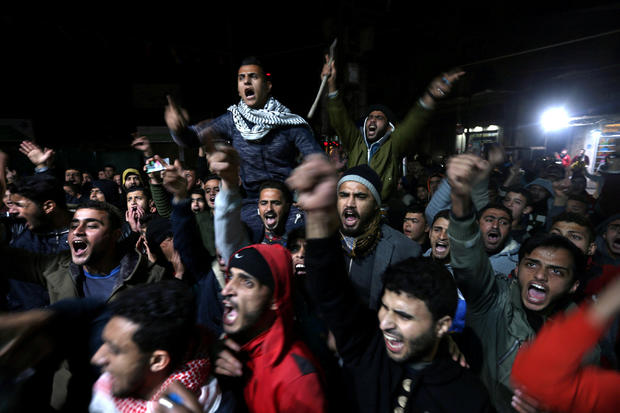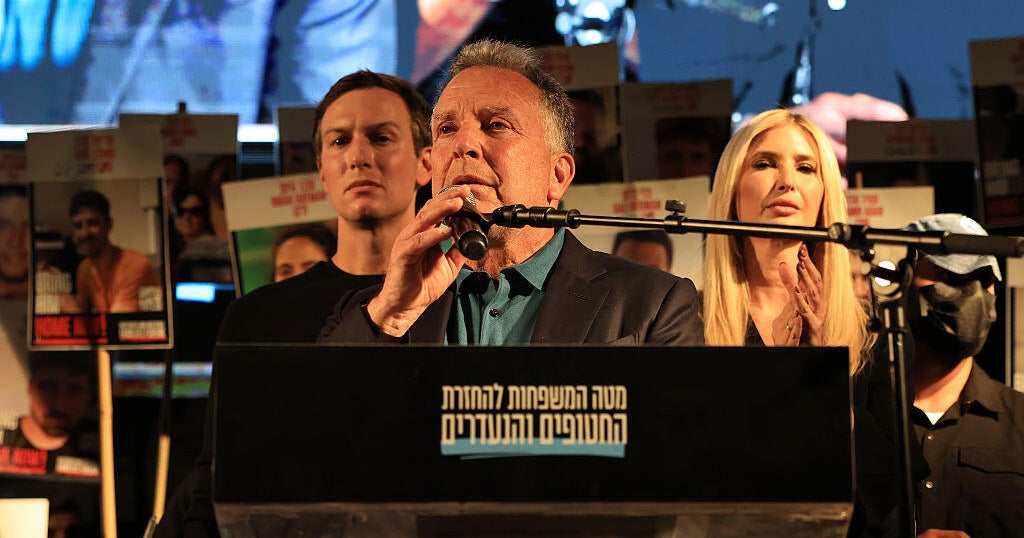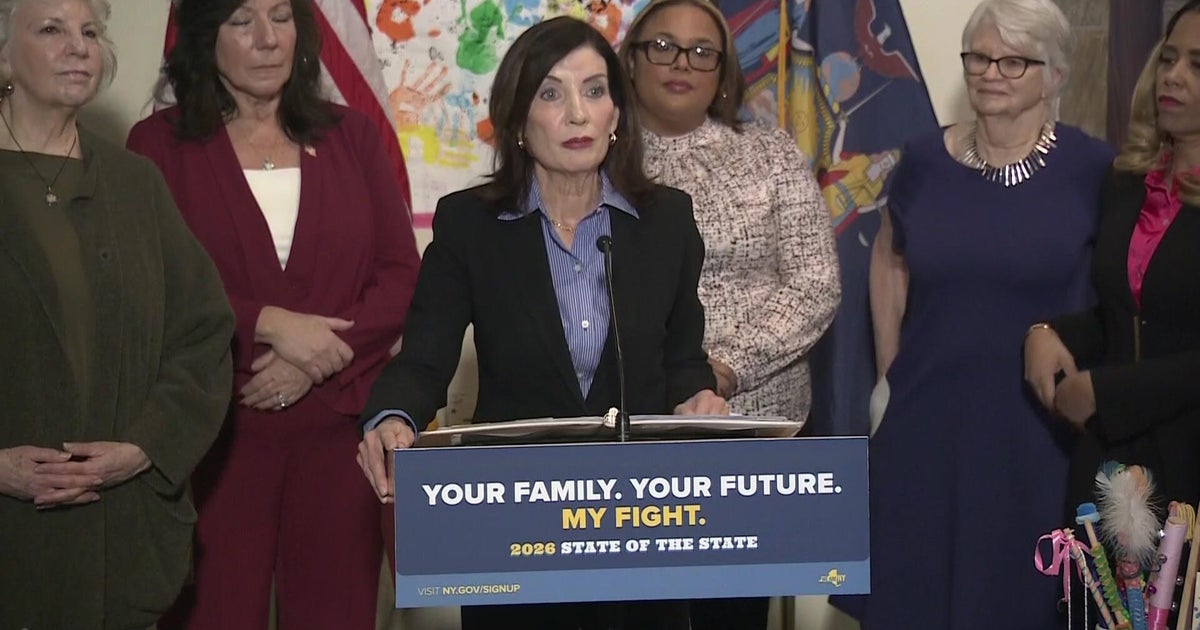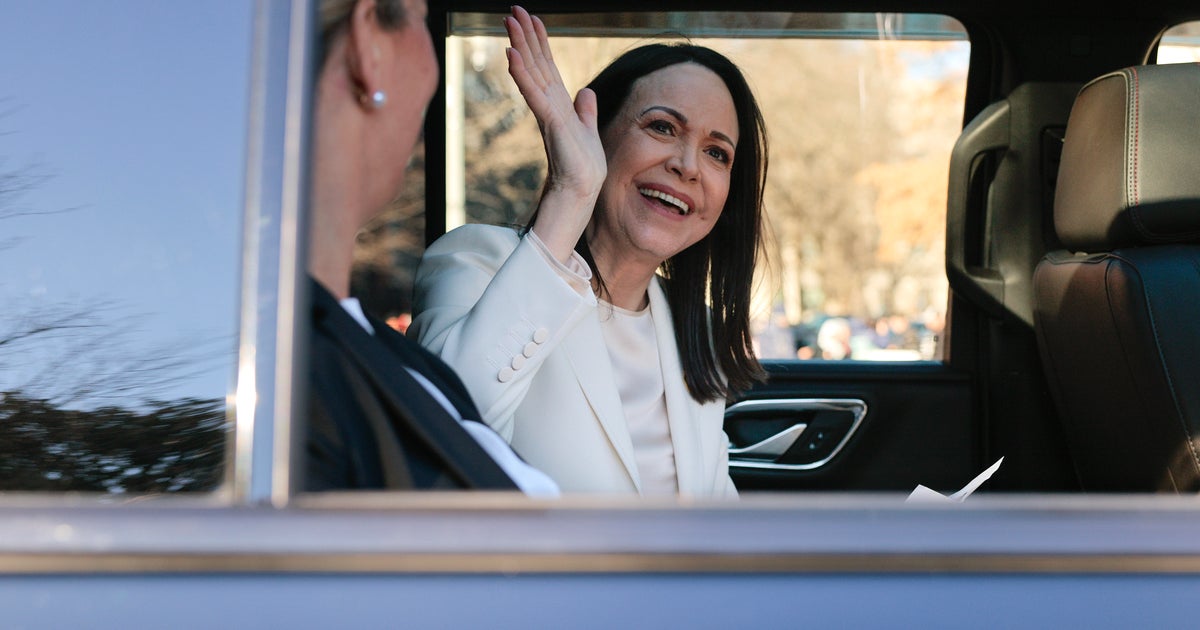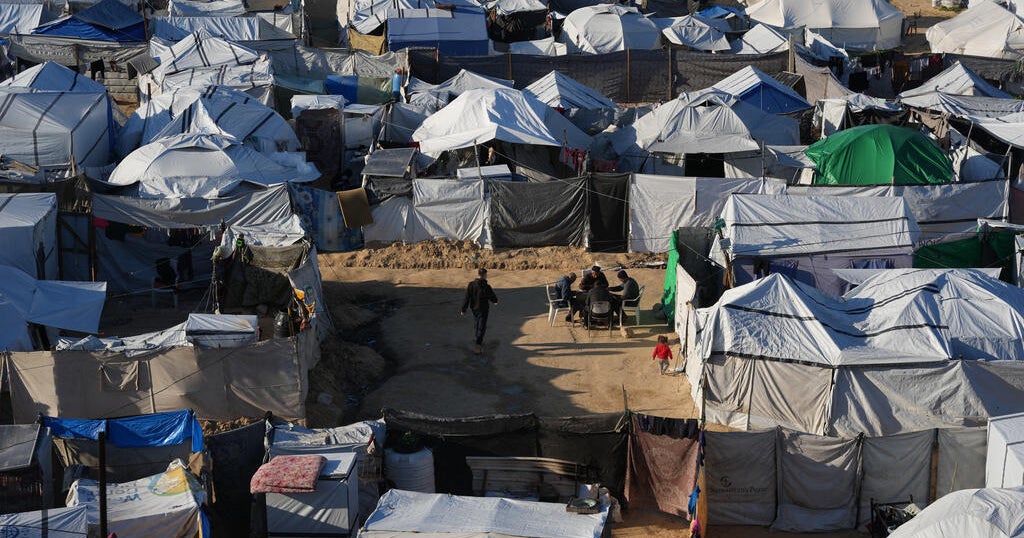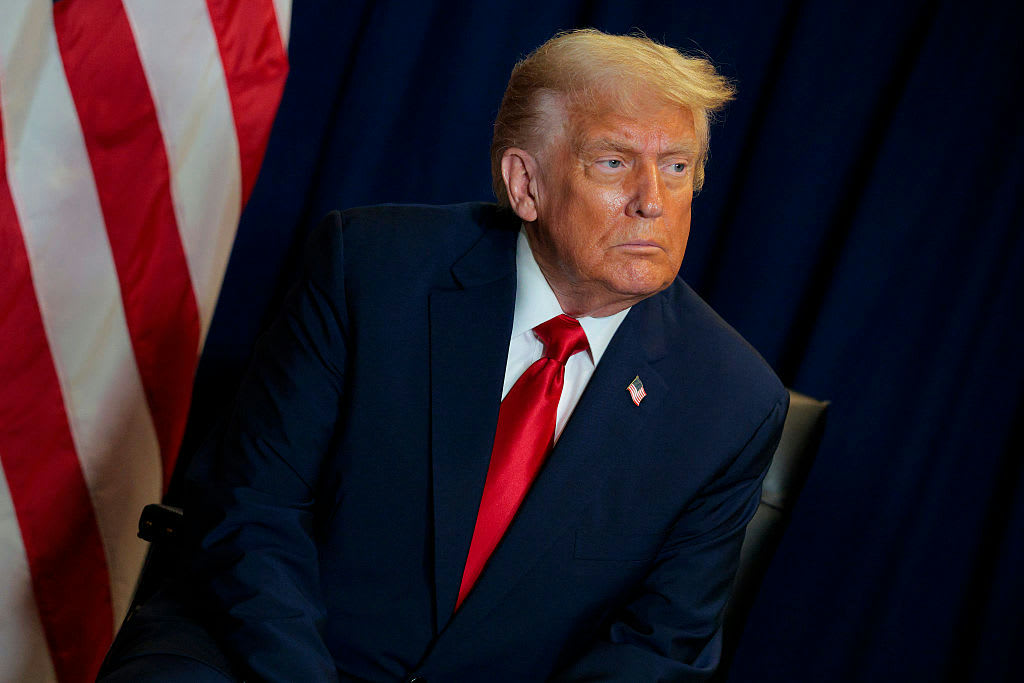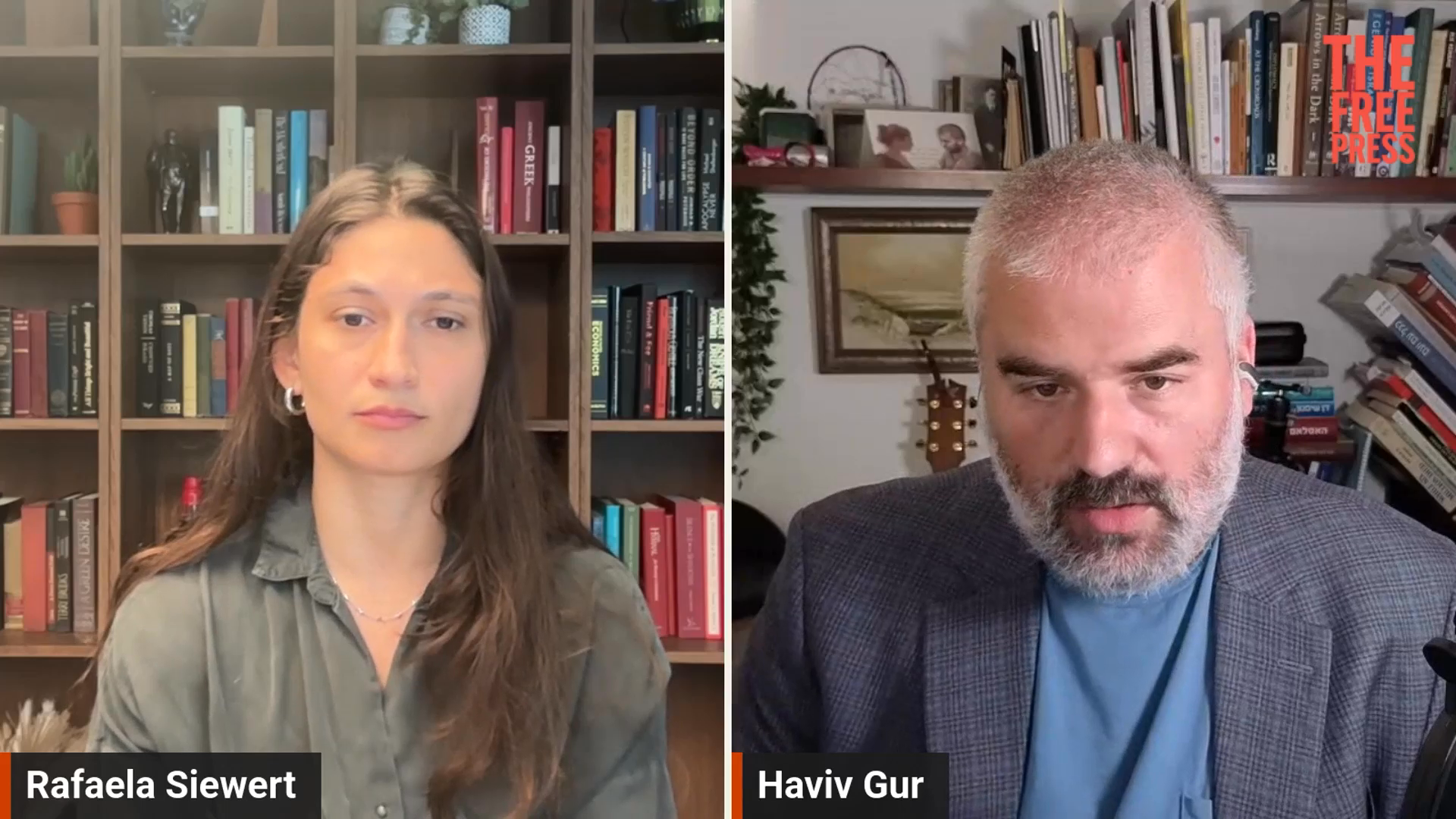World reacts to Trump's recognition of Jerusalem as Israeli capital
NEW YORK -- President Trump's announcement Wednesday that the U.S. recognizes Jerusalem as the capital of Israel and begin the process of relocating the U.S. embassy to the holy city was met with immediate backlash from the Arab world and large swaths of the international community.
"This is one of the most reckless, irresponsible moves in recent history. While he's talking about peace, he is destroying the chances of peace," Hanan Ashrawi, a Palestinian legislator and activist, said on CBSN.
Despite urgent appeals from Arab and European leaders, and the risk of anti-American protests and violence, Mr. Trump declared it was time for a new approach to Mideast peace after decades of failure. Calling Jerusalem Israel's capital, he argued, was merely recognizing the obvious.
"We cannot solve our problems by making the same failed assumptions and repeating the same failed strategies of the past," the president said.
Muslims across the Middle East warned of disastrous consequences as a result of Mr. Trump's move, but in a region more divided than ever, many ask what leaders can do beyond the vehement rhetoric. Arab powerhouses are mired in their own internal troubles, their populations tired of wars, and the days when Arab leaders could challenge the United States in a meaningful way are long gone.
In Israel, Prime Minister Benjamin Netanyahu said his nation was "profoundly grateful" and that Mr. Trump's announcement was an "important step toward peace."
However, Palestinian President Mahmoud Abbas said Wednesday that the U.S. shift "is a declaration of withdrawal from the role it has played in the peace process."
Nabil Shaath, an adviser to Abbas, said Mr. Trump's announcement has "isolated the U.S. from any role in the peace process," adding that Mr. Trump's speech "gave Israel what it wants and gave us nothing."
In Gaza, hundreds of Palestinian protesters burned American and Israeli flags. They also waved Palestinian flags and banners proclaiming Jerusalem as their "eternal capital," language that Israelis similarly use. Even America's closest allies in Europe questioned the wisdom of Mr. Trump's departure from the past U.S. position, which was studiously neutral over the sovereignty of the city.
The European Union said it has "serious concern" about the impact of Mr. Trump's decision on the future of the peace process. The EU said Wednesday its position "remains unchanged" and wants the status of Jerusalem "as the future capital of both states" to be settled through negotiations. The 28-nation EU called for restraint and calm to stave off any escalation.
Eight countries opposed to Mr. Trump's recognition of Jerusalem as Israel's capital have asked for an emergency meeting of the U.N. Security Council this week. Sweden's U.N. Mission said the eight nations have asked Japan, this month's council president, to have Secretary-General Antonio Guterres brief the 15 council members.
The eight council nations that requested the meeting are Bolivia, Egypt, France, Italy, Senegal, Sweden, United Kingdom and Uruguay.
Jordan's King Abdullah II, whose country like Egypt has a peace treaty with Israel, said he expressed his concerns to Mr. Trump in a phone call ahead of the decision, on Tuesday, saying that ignoring Palestinian, Muslim and Christian rights in Jerusalem would only fuel further extremism. He spoke at a meeting with Turkish president Recep Tayyeb Erdogan, who has invited leaders of member states of the Organization of Islamic Cooperation to an extraordinary meeting to discuss Jerusalem's status next week.
In Beirut, a few hundred Palestinian refugees staged a protest in the narrow streets of the Bourj al-Barajneh camp, some of them chanting "Trump, you are mad."
Hundreds of people in Turkey staged demonstrations near U.S. diplomatic missions in Ankara and Istanbul. And Turkey's foreign minister has condemned what he says is an "irresponsible" decision by Mr. Trump.
Palestinian officials, meanwhile, declared the Mideast peace process "finished." The Palestinian prime minister, Rami Hamdallah, met with European diplomats on Wednesday and told them that the expected U.S. shift on Jerusalem "will fuel conflict and increase violence in the entire region."
Saudi Arabia, a regional powerhouse that could help the White House push through a Middle East settlement, has voiced strong opposition to Mr. Trump's move, saying it would "provoke sentiments of Muslims throughout the world."
At the United Nations, Secretary-General Antonio Guterres said that Jerusalem is a "final status" issue to be resolved by peace talks, adding, "There is no alternative to the two-state solution… There is no Plan B," according to CBS News' Pamela Falk.
